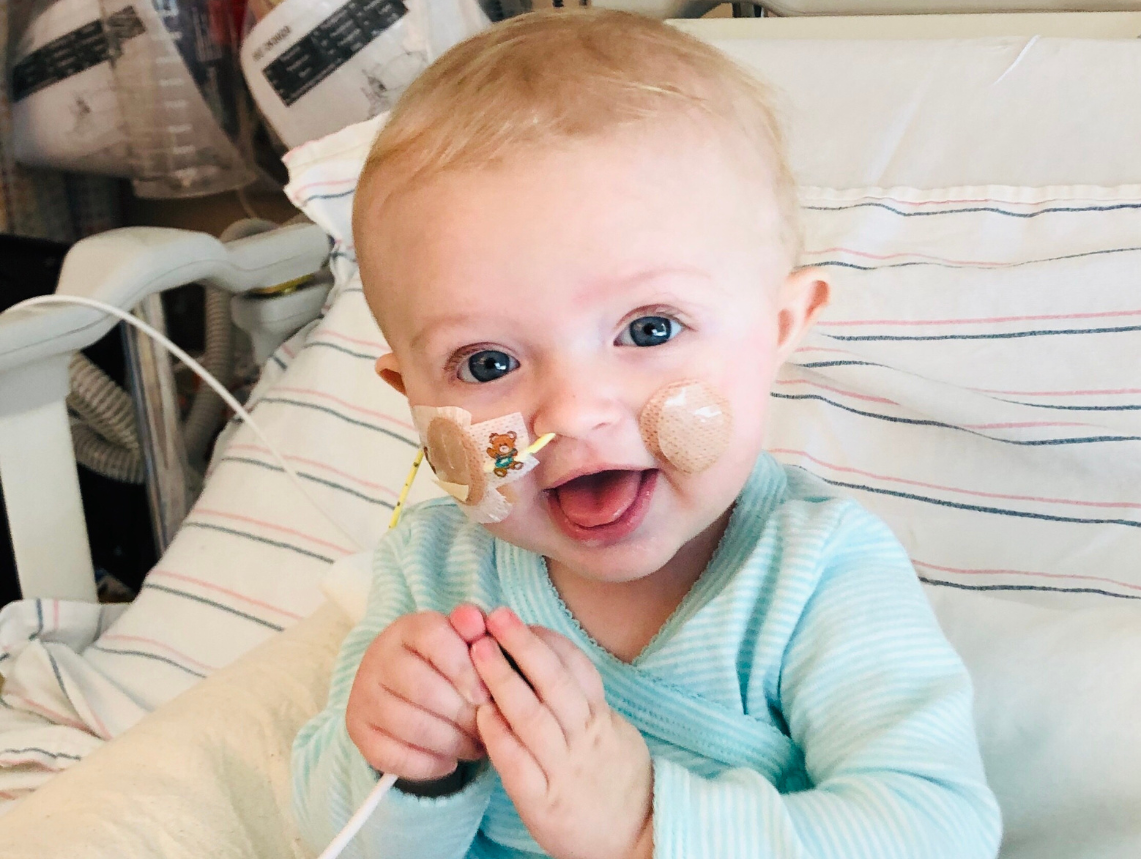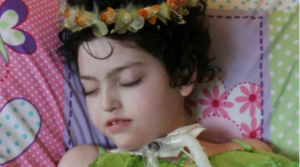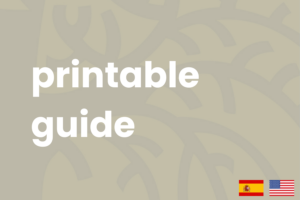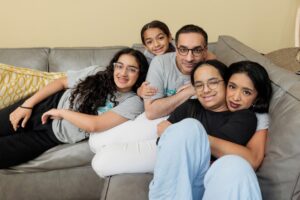No Diagnosis
All medical complexity involves some degree of uncertainty, but the lack of a diagnosis can only heighten the frustration, stress and sense of isolation. You may feel confused as specialists suggest different approaches to testing and treatment as they try to determine how best to care for your child. You and your parenting partner, if you have one, may have different visions for how you want to proceed. Finding support will help you navigate and feel more confident on this journey.

Your Team:
A specialist in evaluation, diagnosis, and management of patients with hereditary conditions.
A mental health professional who uses therapy and other strategies to support coping and adjustment and treat concerns regarding social, emotional, or behavioral functioning.
A trained professional who works with people, groups and communities to help them better their lives.
An individual who leads and/or guides individuals or groups coping with life experience and challenges.
A specialist whose aim is to improve the quality of life of their patients over the course of their illness regardless of stage, by relieving pain and other symptoms of that illness.
Professionals who have completed advanced training in a specific area of medicine.
A medical professional who practices general medicine.
Groups that represent and support patients and their families/care partners.
A child-life specialist can provide age-appropriate guidance for your entire family, including siblings. A genetic counselor can help determine if or when additional genetic testing may be beneficial, and offer emotional support as you search for answers. A psychologist, social worker and/or spiritual leader can offer emotional support. Palliative care clinicians can provide a space for reflecting on your goals and can help you advocate and communicate with the medical team. A symptom-specific specialist can be helpful. Your child’s primary physician can also be a good resource, especially if they already know your family and can see the big picture of your family’s experience. Patient organizations, including organizations that focus on undiagnosed conditions, can be a place to find support.
Some parents describe the feeling of being without a home. What specialists will your child need? What community is available to give you access to information and perspectives from other families?
– Brittany, parent of Mia



